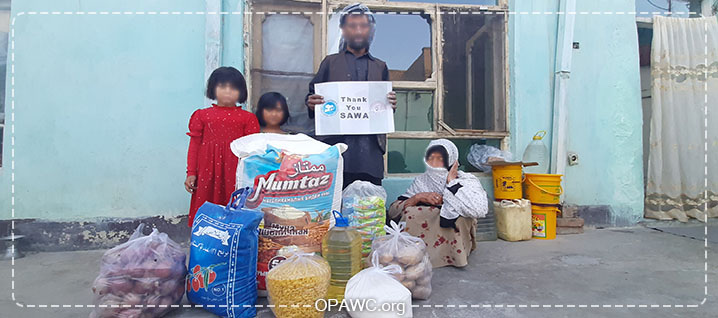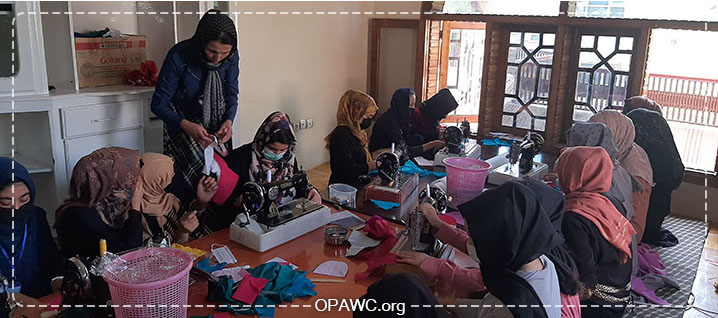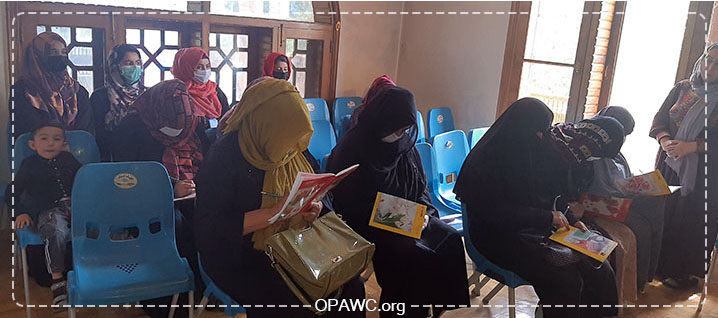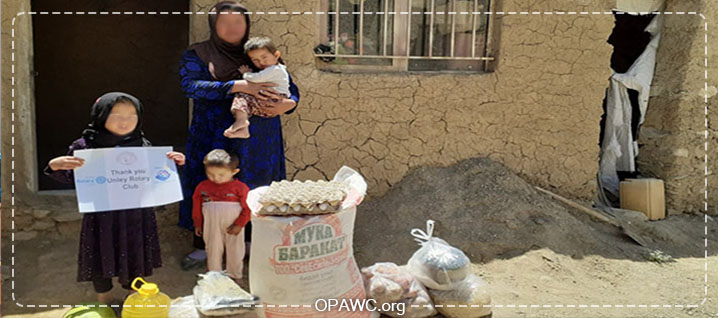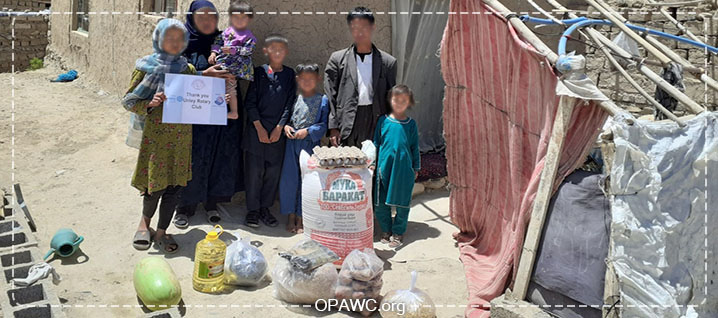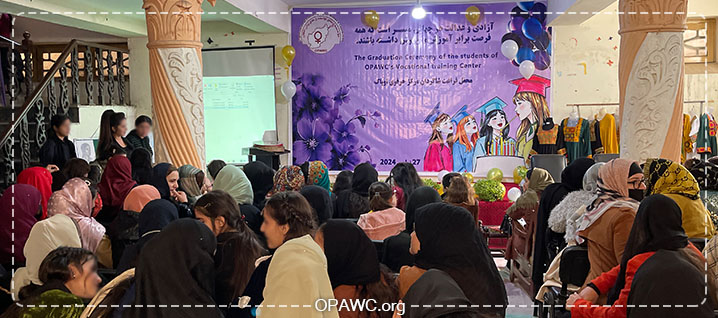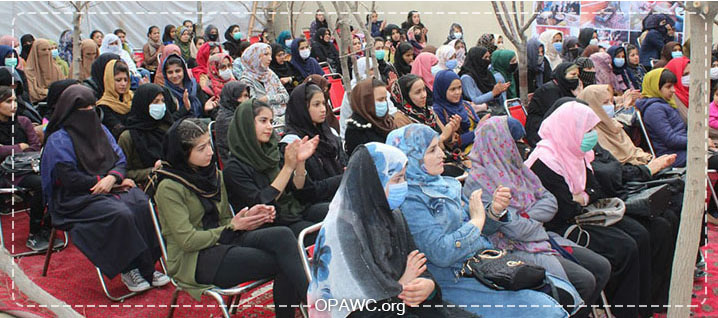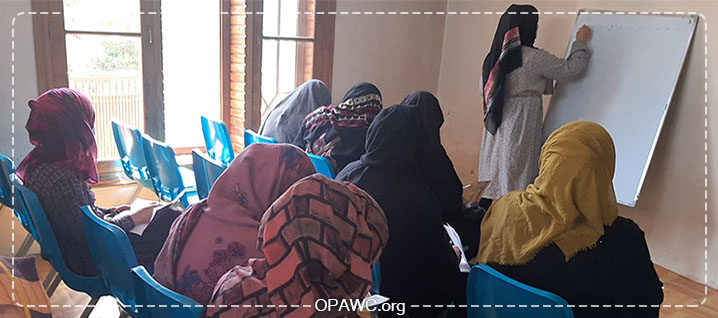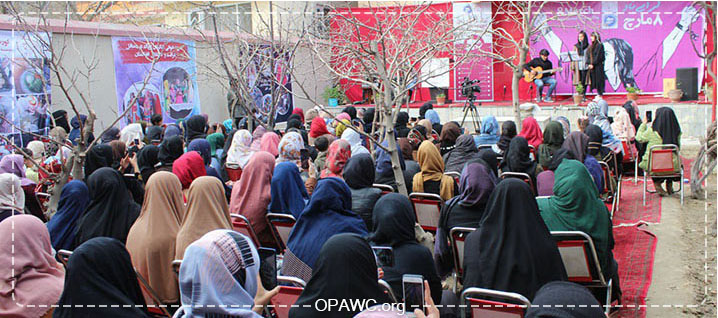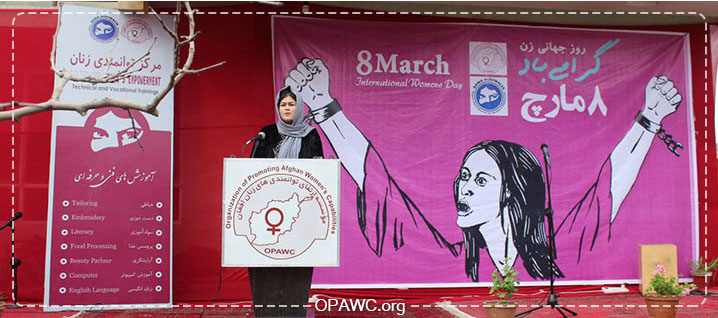The Hamoon Mobile Health Team provided essential medical services to women and children living in makeshift homes in Chahara-e-Sarsabzi, a marginalized and remote IDP camp near Kabul.
The Hamoon Mobile Health Team provided essential medical services to women and children living in makeshift homes in Chahara-e-Sarsabzi, a marginalized and remote IDP camp near Kabul.
These families have faced years of war and adversity, losing their homes and seeking refuge in Kabul, only to encounter further poverty and hardship. They live in fragile, dark homes lacking basic amenities. When we approached this camp, it was unbelievable to find such conditions near the capital city where for twenty years, the United States spoke of democracy, women's rights and reconstruction. Yet here, women and girls were lost amidst piles of garbage, their eyes full of pain and suffering.
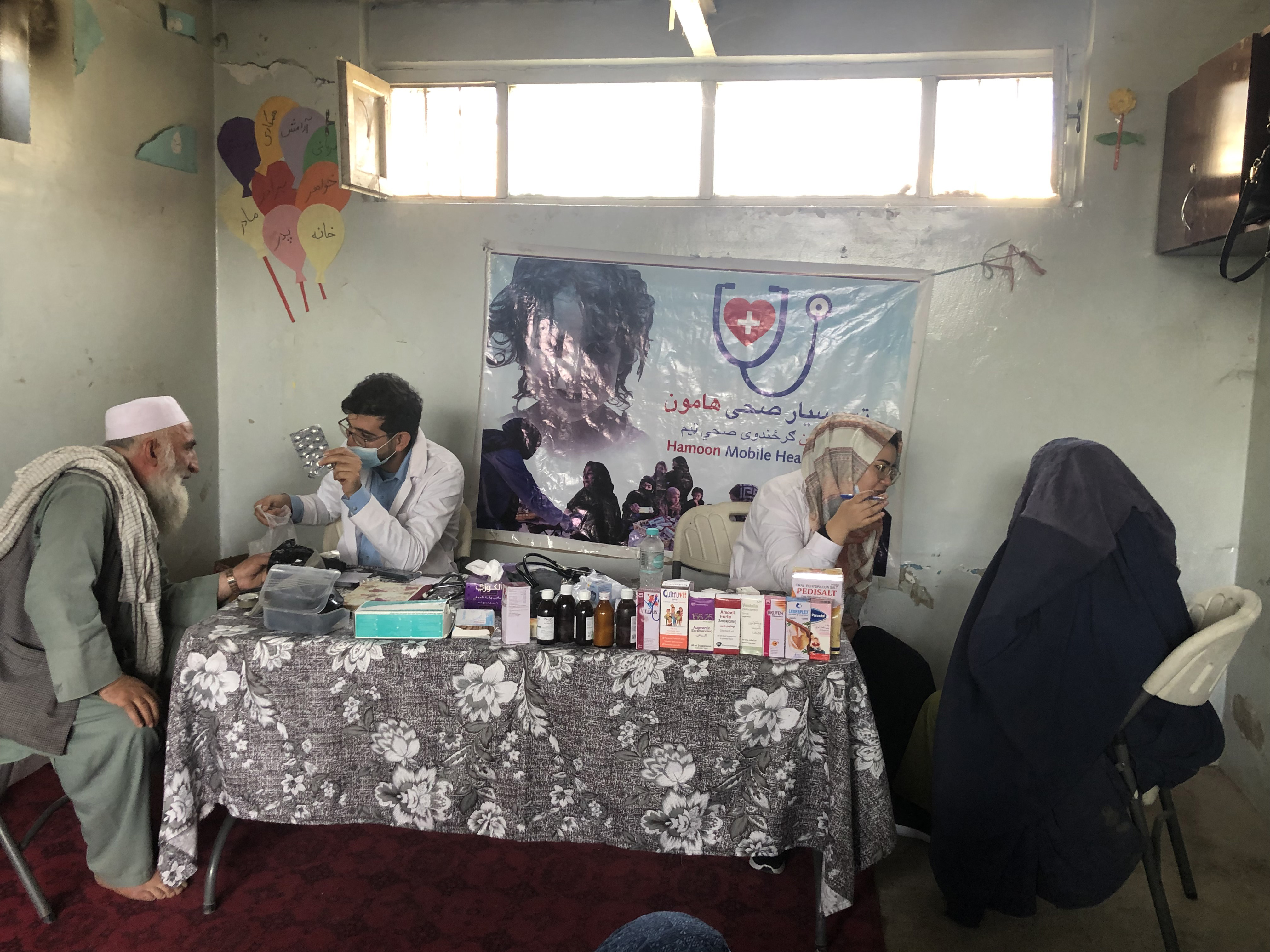
Providing health services of Hamoon Mobile Health Team to the flood victims of Baghlan province.
Providing health services of Hamoon Mobile Health Team to the flood victims of Baghlan province.

Food distribution for needy people
Afghan women have always been victims of various forms of violence and abuse, putting them at risk of harm. Under the previous government, women were subjected to beatings, rape, Bad, Badal, forced and child marriages, public executions, and other forms of violence. During the Taliban regime, these atrocities continued, with the addition of new restrictions and limitations. As a religious organization, the Taliban prohibited women from studying, working, traveling alone, visiting parks, and more. The most detrimental impact on women was the ban on education and work. Many widowed or single mothers who lacked financial support often suffered from starvation and had to resort to selling one of their children to provide for the rest of their family.
OPAWC is a women-led organization that continues to support these women. To provide examples of the types of women being supported, we offer some examples belo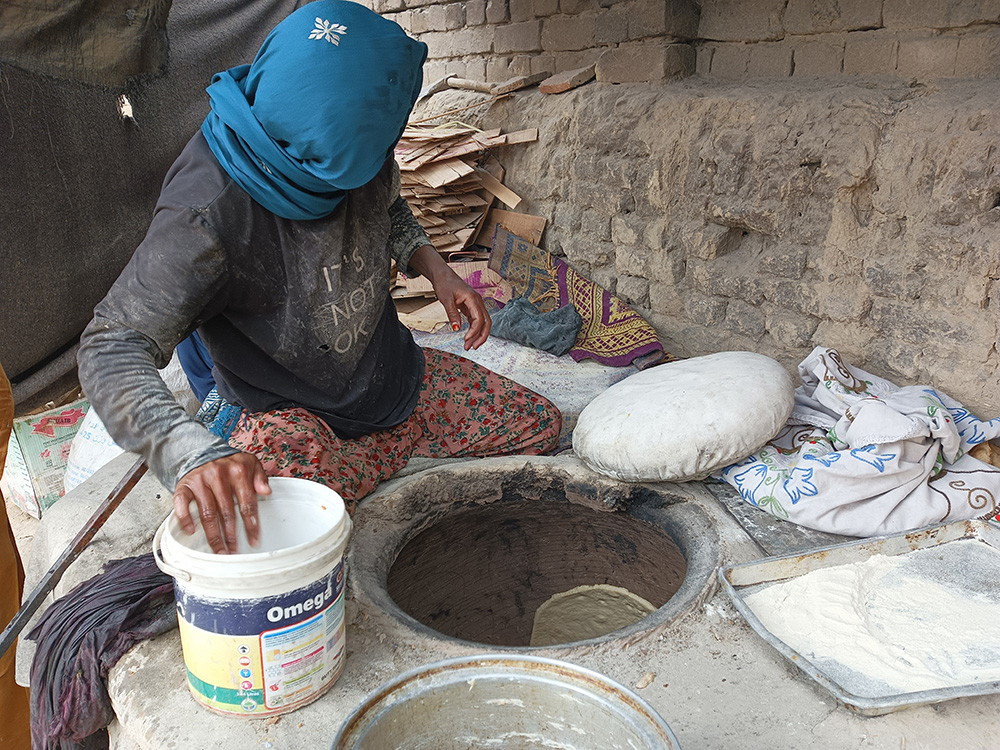
Food Distribution for Herat Earthquake Survivors
Following the Taliban's takeover in August 2021, Afghanistan's social, political, and economic situation has drastically changed. Many people lost their jobs, and women have been hit the hardest, as they were forced out of their workplaces and prevented from traveling alone, visiting parks, and working in offices due to new laws. During the crisis, the World Health Organization (WHO) and the World Food Programme (WFP) continued to support those in need; however, they were unable to help everyone. Civil society organizations, such as OPAWC, stepped up with the support of generous donors to provide assistance to those affected by earthquakes and floods.

Hamoon Mobile Health Team assisting earthquake victims in Herat.
On October 7, 2023, a Saturday morning, an earthquake with a magnitude of 6.3 on the Richter scale shook western Afghanistan. This earthquake, which was accompanied by several large aftershocks and had its center near the city of Herat, has caused many casualties.
The Hamoon Mobile Health Team has been sent there immediately after the news of the severe earthquake in Herat reached us. As soon as the Hamoon mobile health team reached Herat, we went to the area where the earthquake had struck harder to provide medical services to those who were injured.
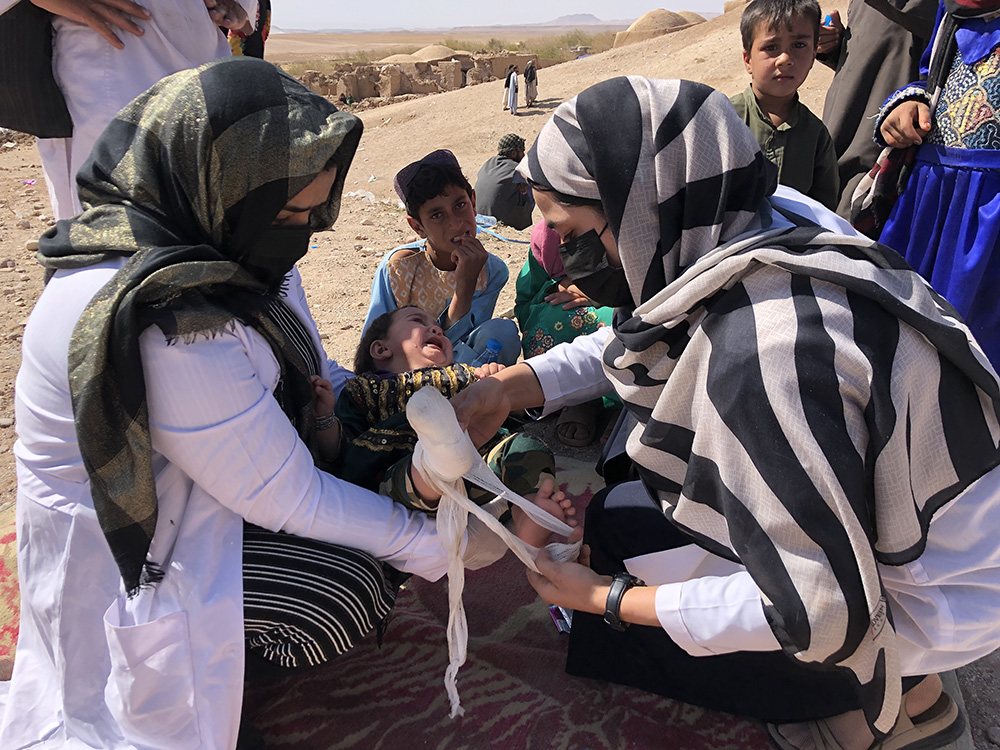
Report of Hamoon’s Mobile Health Team visit to the remote areas of Bamyan
Bamyan is one of the coldest and more mountainous provinces of Afghanistan. Because of its difficult weather and its position in the heart of the mountains, Bamyan has always been a region where people were faced with poverty and hardship. Both nature and ruling systems have always been against the poor people of Bamyan. In the past twenty years, people living there have been victims of discrimination because they are Hazara people, and they have not been given the slightest attention, the harsh weather is another reason why poverty is rampant there. Agriculture, which is the main source of income for the people of Afghanistan, is not profitable in Bamyan because it is possible to harvest and cultivate only for a few months of the year.
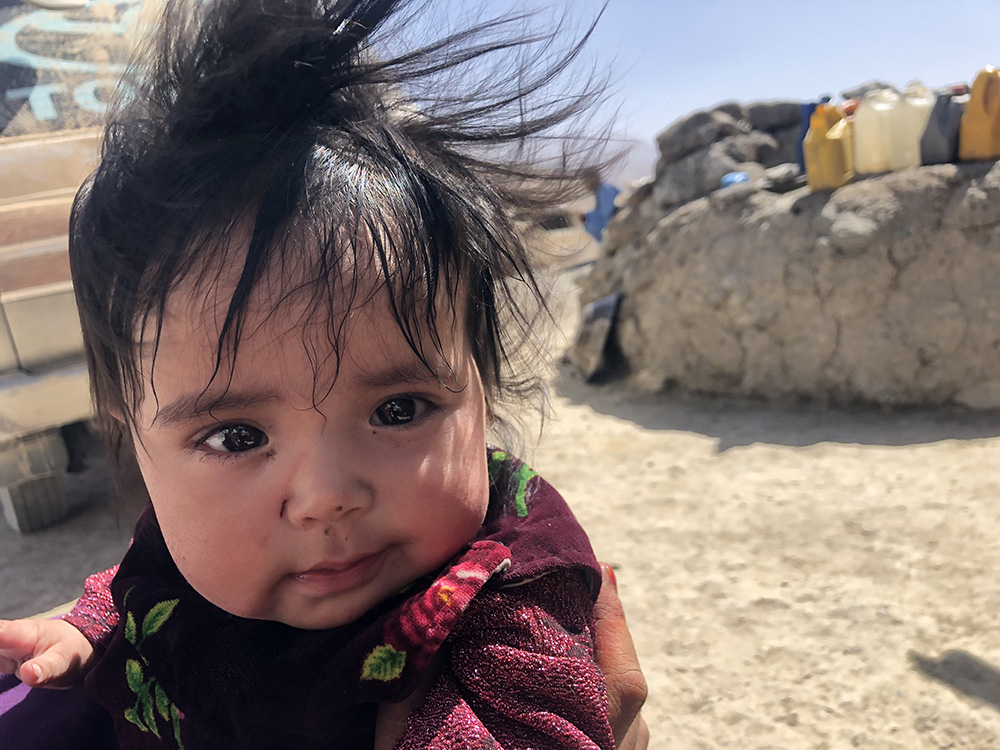
Hamoon Mobile Health Team in Nari District of Kunar
Hamoon Mobile Health Team visited Kunar province which is located in eastern Afghanistan. This province has a beautiful landscape, with high green mountains and a big river. Kunar is famous for its green forest and beautiful river. We selected Nari which is the biggest district of Kunar.

OPAWC Afghan Women Training Center in Kabul
Today, Afghan women need our support more than before. After change of the regime, Afghan women Were forced to stay at home and majority of them Were stopped from going to school and work.
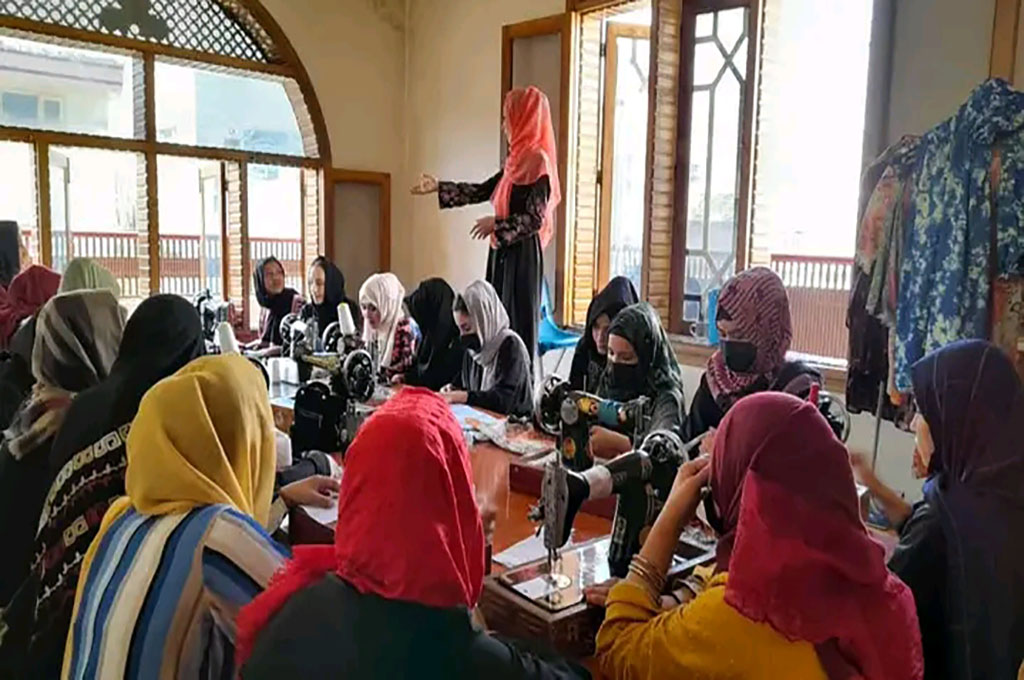
Page 1 of 8

